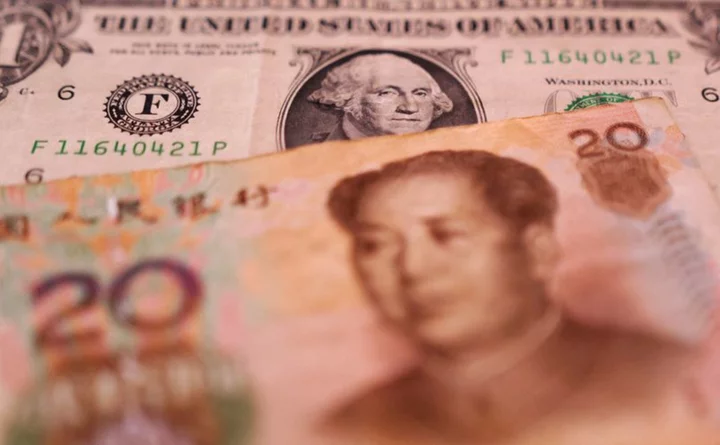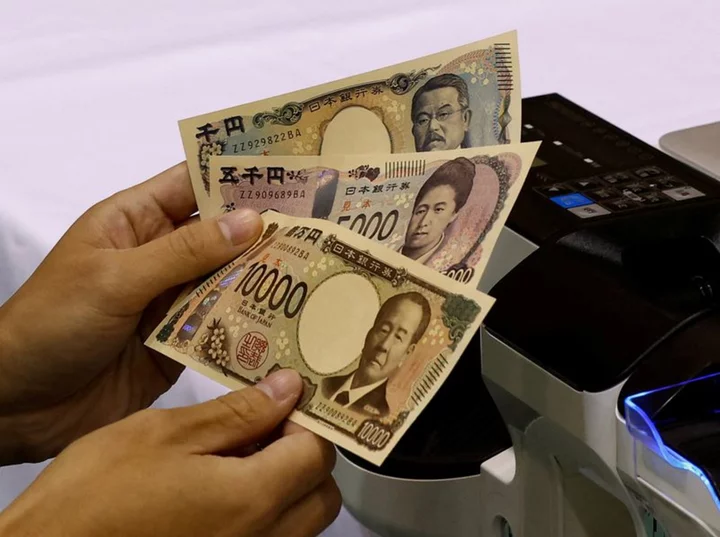The Securities and Exchange Commission asked Coinbase to halt trading on all cryptocurrencies except for bitcoin before it sued the company in June, Coinbase's chief executive told the Financial Times.
The SEC's request left Coinbase, America's largest crypto exchange, with no choice but to take the matter to court, CEO Brian Armstrong said, because stopping those trades would have "essentially meant the end of the crypto industry in the US," he said.
"We really didn't have a choice at that point," Armstrong told the FT in an interview published Monday.
An SEC spokesperson said Monday its staff "does not ask companies to delist crypto assets."
"In the course of an investigation, the staff may share its own view as to what conduct may raise questions for the Commission under the securities laws," the spokesperson said.
Coinbase didn't dispute the veracity of Armstrong's statements but a spokesperson said the FT article "omits important context regarding our conversations with the SEC."
"The views shared in the FT article may have represented the views of some staff at the time, but did not represent those of the Commission more broadly," the spokesperson said.
They added: "We continue our discussions with the Commission, but believe that transparent and fair rulemaking and Congressional action...represent the best path forward for American crypto users and the companies building the cryptoeconomy in the US."
The SEC sued Coinbase and its larger international rival, Binance, in early June, accusing both companies of running illegal exchanges. The suits marked a major escalation of the SEC's campaign to rein in the crypto industry after years of allowing it to operate in a regulatory gray zone.
Recounting discussions with the regulator before the lawsuit, Armstrong told the FT that Coinbase had requested clarity on how the SEC determined that every digital asset other than bitcoin is a security.
"And they said, we're not going to explain it to you, you need to delist every asset other than bitcoin," Armstrong told the FT.
Crypto companies have long resisted having their products classified as traditional securities or commodities, arguing that they are a new kind of digital asset that require bespoke rules and regulations. The SEC disagrees, and has often said that most crypto offerings are securities that should face the same government regulations on Wall Street as stocks and bonds.
The lawsuits against Coinbase and Binance could help force the regulation issue by sparking litigation and, ultimately, judicial reviews that motivate Congress to act.
Shares of Coinbase, which went public in 2021, were up around 4% early Monday. The stock is up nearly 200% this year.









